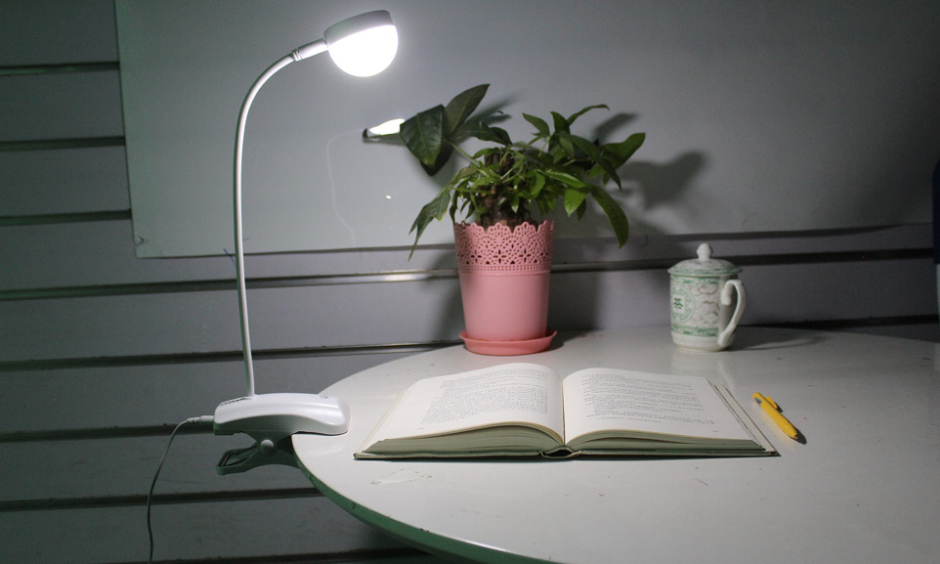PEOPLE with prediabetes have a higher BMI if they are more active later in the day, the so-called evening preference, according to a study led by the University of Illinois at Chicago (UIC), Illinois, USA, which suggested that insufficient sleep amongst these individuals is the cause of this correlation.
Reducing Diabetes Risk
It is hoped that these findings will help prediabetes patients reduce their risk of developing Type 2 diabetes. “Timing and duration of sleep are potentially modifiable,” commented Dr Sirimon Reutrakul, UIC, who led the study: “People can have more regular bedtimes and aim to have more sleep, which may help reduce BMI and the potential development of diabetes in this high-risk group.”
Method
With previous studies associating insufficient sleep and evening preference with higher weight and an increased risk of diabetes, the study’s researchers used questionnaires to analyse the relationship between morning/evening preference and BMI amongst 2,133 individuals with prediabetes. Additionally, the participants’ sleep duration and timing were assessed before an evaluation of the extent of their social jet lag was made; social jet lag is the difference in sleep timing between weekdays and weekends. Previous research has linked greater social jetlag with higher BMI.
Evening Preference and BMI
The team found that in those participants above the age of 60 years, evening preference was directly associated with higher BMI, which was partially due to insufficient sleep but not social jet lag. In those under 60 years of age, only greater levels of social jetlag correlated with higher BMI.
“Diabetes is such a widespread disease with such an impact on quality of life, that identifying new lifestyle factors that might play into its development can help us advise patients with an early stage of the disease on things they can do to turn it around and prevent prediabetes from becoming full-blown diabetes,” added Dr Reutrakul.
The participants, all of whom were Asian, had an average age of 64 years, an average BMI of 25.8 kg/m2, and had an average sleep duration of 7 hours a night. Those with an evening preference tended to go to bed and eat meals later in the day as well as being generally more active later on.
James Coker, Reporter
For the source and further information about the study, click here.








